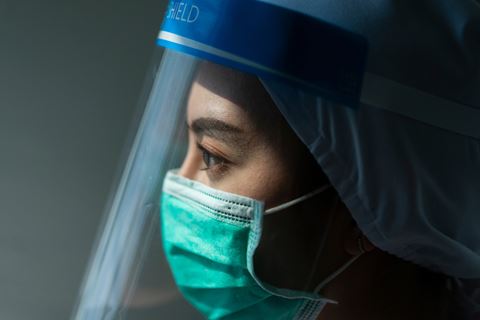 Q One of our nurses has called to say that she has found out that she is pregnant and is worried about returning to the practice during the pandemic. She does not have any underlying medical conditions, but has asked if she can work from home. Because of the nature of her role, this is not possible. Are we obliged to keep paying her if she stays at home?
Q One of our nurses has called to say that she has found out that she is pregnant and is worried about returning to the practice during the pandemic. She does not have any underlying medical conditions, but has asked if she can work from home. Because of the nature of her role, this is not possible. Are we obliged to keep paying her if she stays at home?
A The UK Government classes pregnant women as clinically vulnerable and it is recommended that they should work from home where possible. Although there is no evidence that pregnant employees are more likely to get coronavirus, they should be especially diligent about social distancing.
Under the Management of Health and Safety at Work Regulations, all pregnant employees must be subject to a risk assessment to discuss and eliminate any risk. Where a risk is identified, the employer must take steps to control, reduce or remove it. If the practice is unable to do so, the employee needs to be placed on full pay suspension.
It is for the employer to discuss the situation with the employee and establish what her specific concerns are. This should include the role she carries out, the safety measures that the practice has put in place and any personal protective equipment (PPE) she may be required to wear as part of her role. Any logistical issues should also be considered, such as how the employee travels into work and if public transport has to be used.
If the specific concerns about working in the practice cannot be resolved, then it should be considered if the employee is able to work from home.
Women who are less than 28 weeks pregnant may choose to continue to work in patient-facing roles as long as a risk assessment has been carried out and the necessary precautions have been taken. For women who are more than 28 weeks pregnant, or who have underlying conditions, direct patient-facing contact should be avoided.
The British Dental Association (BDA) has issued guidance stating that there is a small risk of those employees participating in aerosol generating procedures (AGPs) contracting COVID-19 from the patient. It suggests that pregnant employees should not participate in these procedures. Guidance from the Royal College of Obstetricians and Gynaecologists (RCOG) also advises that pregnant employees should not see patients face-to-face after 28 weeks.
If no other work can be found or the employee is unable to work from home, then they should be placed on paid leave.
Further information
This page was correct at the time of publication. Any guidance is intended as general guidance for members only. If you are a member and need specific advice relating to your own circumstances, please contact one of our advisers.
Save this article
Save this article to a list of favourite articles which members can access in their account.
Save to library
